Does Fast Charging Affect Battery Life? Explained by our Experts
Posted by Robert Wisniewski on
Does Fast Charging Affect Battery Life? Explained by Experts
Fast charging has become a popular feature in modern smartphones. It allows users to quickly charge their devices and get back to using them without having to wait for hours. However, some users have expressed concerns about whether fast charging affects the battery life of their phones.
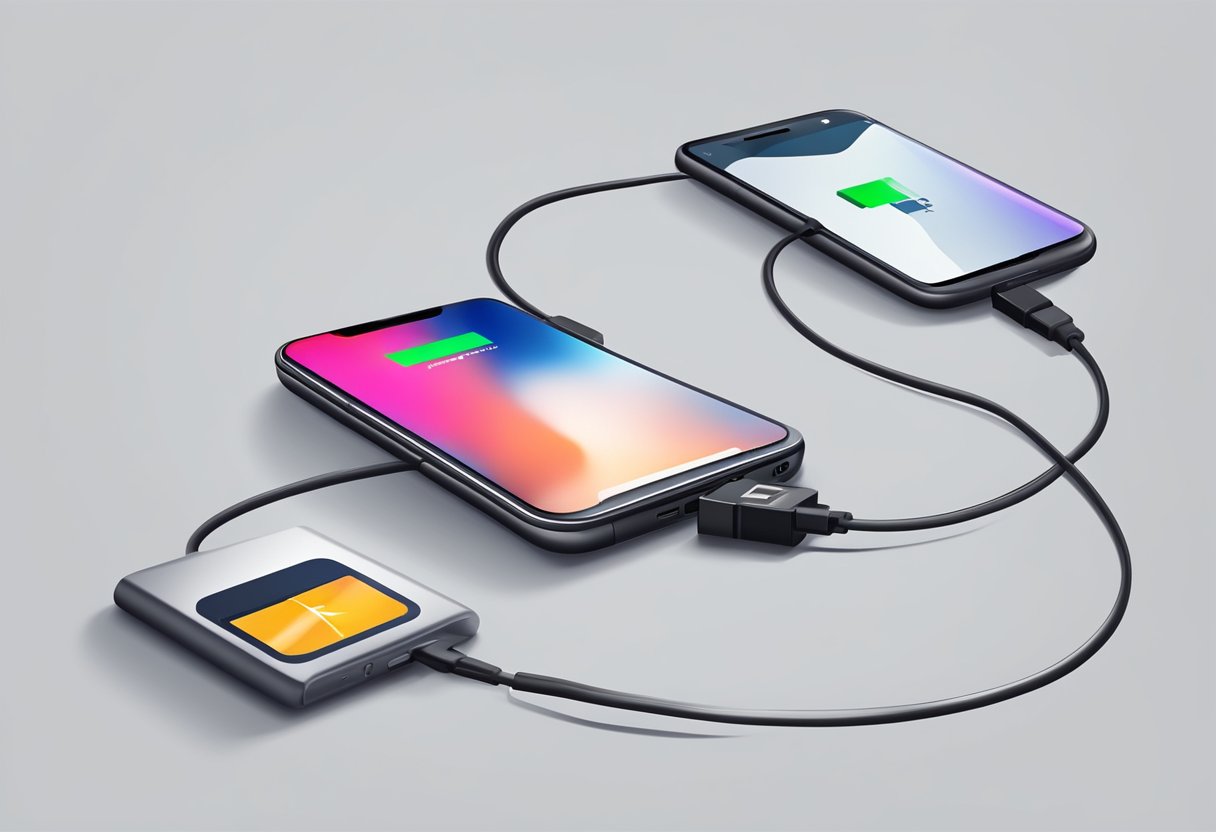
Fast charging works by increasing the amount of power that is delivered to the battery, which allows it to charge faster. But this also generates more heat, which can potentially damage the battery over time. Some experts have suggested that fast charging can reduce the overall lifespan of a battery, while others argue that it has little to no impact.
Understanding Fast Charging
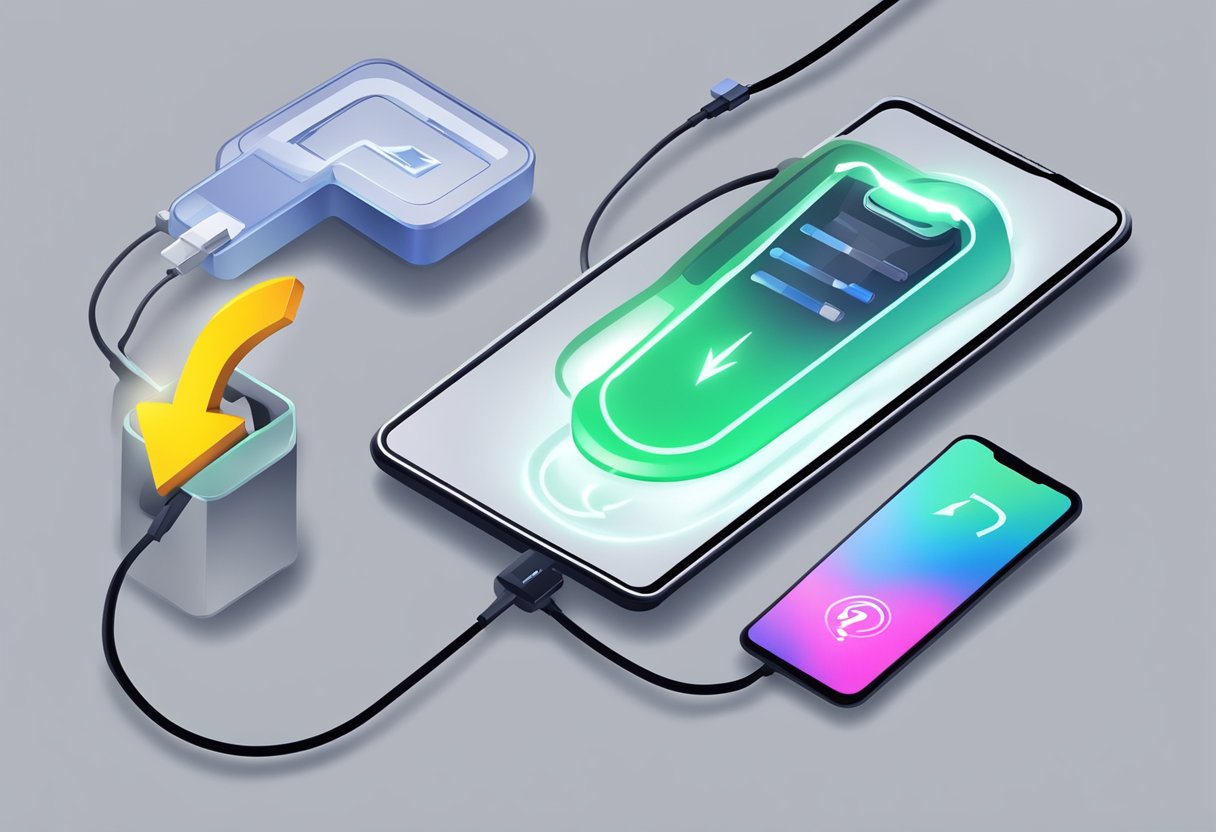
Fast charging is a technology that allows a smartphone or tablet to charge its battery at a much faster rate than a traditional charger. This is accomplished by increasing the amount of power that is delivered to the battery. With fast charging, a 10-minute charge can make the difference between going into an austere power-saving mode and losing power completely before you get home.
There are several types of fast charging technologies available in the market, and they all work in different ways. Some of the most popular fast charging technologies are Qualcomm Quick Charge, Samsung Adaptive Fast Charging, and USB Power Delivery. Each of these technologies has its own unique features and benefits.
One of the most important things to understand about fast charging is that it can generate a lot of heat. When a battery is charged at a high rate, it generates more heat than when it is charged at a slower rate. This can cause the battery to degrade over time, which can lead to a shorter lifespan for the battery.
To prevent this from happening, most fast charging technologies come with built-in safety features that help to regulate the charging process. For example, some fast chargers will slow down the charging rate if the battery gets too hot, while others will stop charging altogether if the battery is in danger of overheating.
Overall, fast charging is a useful technology that can help to keep your devices charged up and ready to go. However, it is important to use fast charging responsibly and to be aware of the potential risks associated with it. By following the manufacturer's recommendations and taking care of your battery, you can help to ensure that your device stays charged and ready for whatever comes your way.
Battery Life Basics
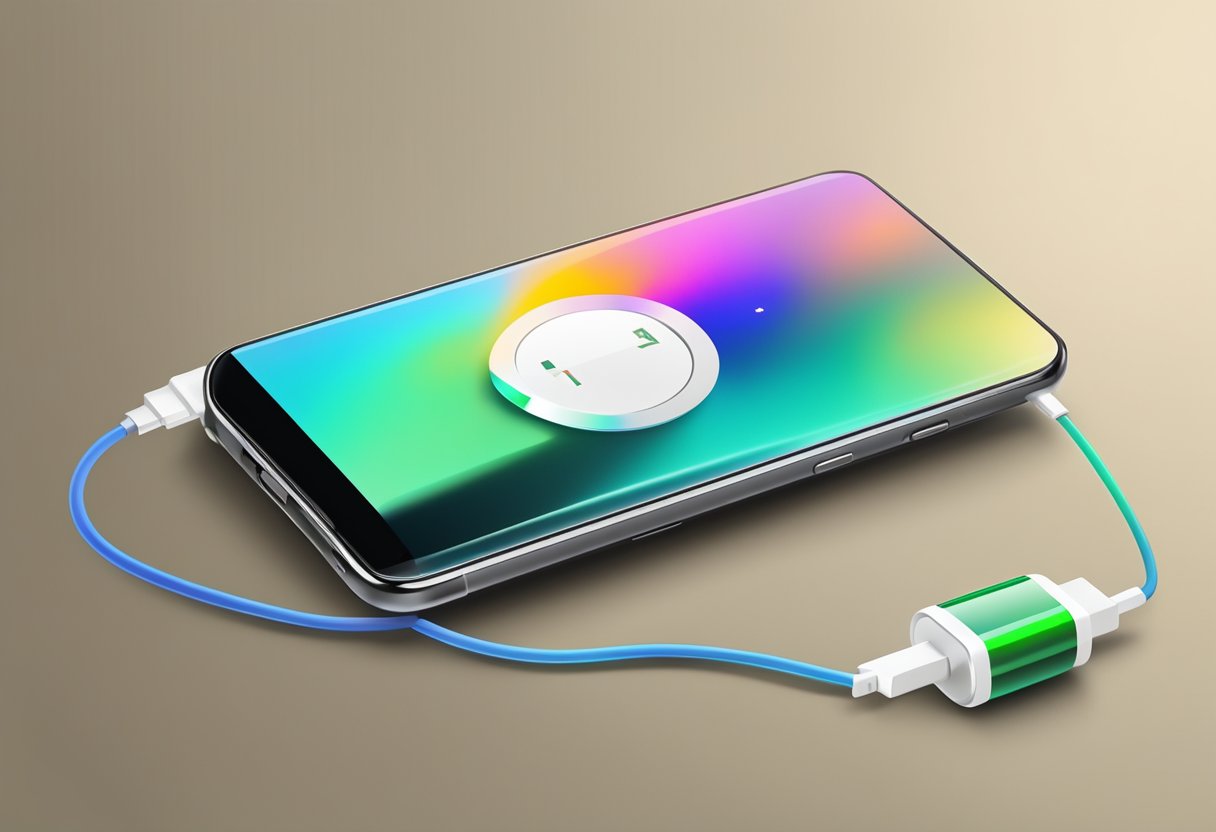
The battery life of a device is the amount of time it can run on a single charge. It depends on various factors such as the device's hardware, software, usage patterns, and charging habits.
The battery life is measured in milliampere-hours (mAh), which is a measure of the battery's capacity. The higher the mAh rating, the longer the battery will last. For example, a phone with a 4,000 mAh battery will last longer than a phone with a 3,000 mAh battery.
The battery life also depends on how the device is used. For example, if the device is used for gaming or video streaming, the battery will drain faster than if it is used for reading or texting. Similarly, if the device is used in a high-temperature environment, the battery life will be reduced.
Charging habits also affect battery life. Overcharging or undercharging the battery can reduce its lifespan. Fast charging, which allows the battery to charge quickly, can also affect battery life. While fast charging is convenient, it generates more heat and puts more stress on the battery than regular charging.
In conclusion, the battery life of a device depends on various factors such as its hardware, software, usage patterns, and charging habits. It is important to understand these factors to ensure that the battery lasts as long as possible.
Impact of Fast Charging on Battery Life
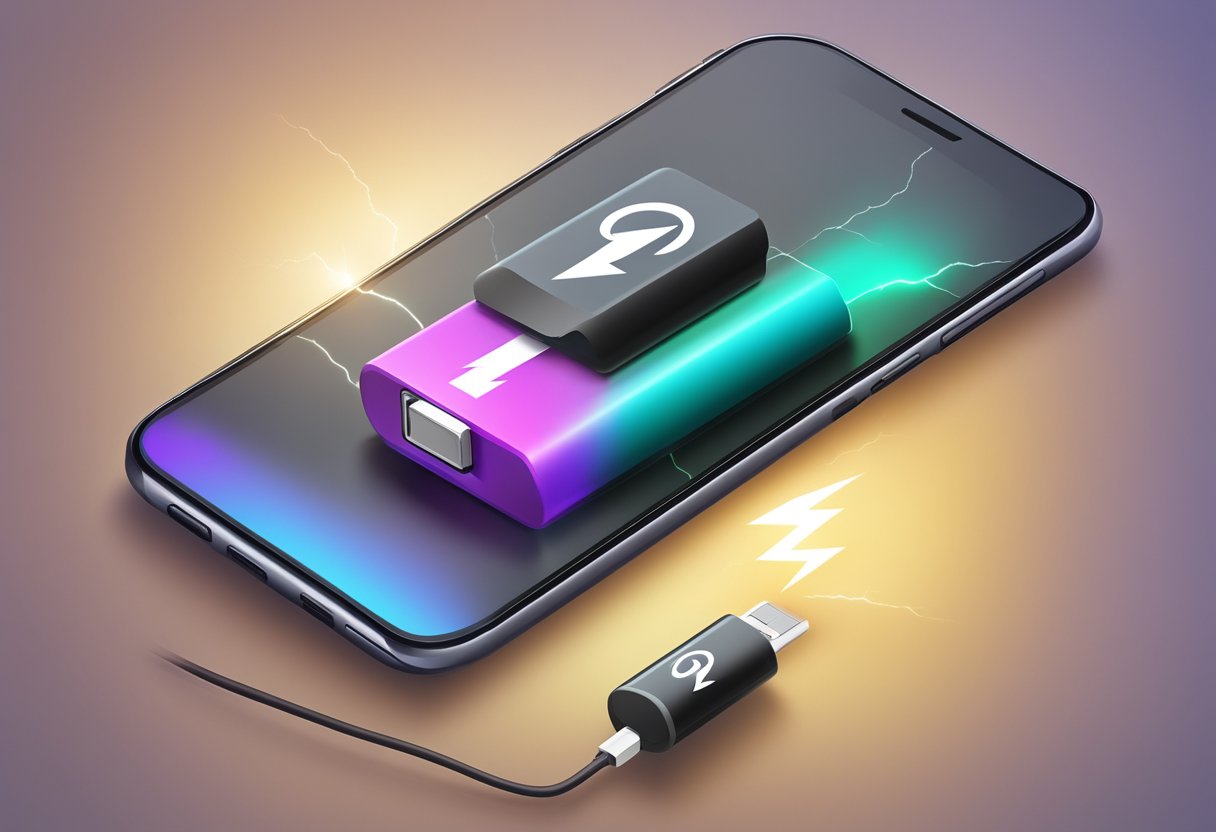
Fast charging has become a popular feature in modern smartphones. It allows users to charge their devices quickly and efficiently, saving them time and hassle. However, many users are concerned about the impact of fast charging on their battery life.
While fast charging can be convenient, it can also cause some wear and tear on the battery. The battery is the most important component of a smartphone, and it is responsible for powering the device. When a battery is charged too quickly, it can generate excess heat, which can damage the battery over time.
According to a CNET article, fast charging can cause the battery to degrade more quickly than regular charging. However, the article also notes that the impact of fast charging on battery life depends on several factors, including the type of battery, the charging technology used, and the charging habits of the user.
To minimize the impact of fast charging on battery life, users can take several steps. One option is to use a charger that is specifically designed for fast charging. These chargers are designed to provide the maximum amount of power to the battery without generating excess heat. Another option is to avoid charging the battery to 100% capacity, as this can also generate excess heat and cause the battery to degrade more quickly.
Overall, while fast charging can be a convenient feature, users should be aware of its potential impact on battery life. By taking steps to minimize the impact of fast charging, users can help ensure that their battery lasts as long as possible.
Scientific Evidence
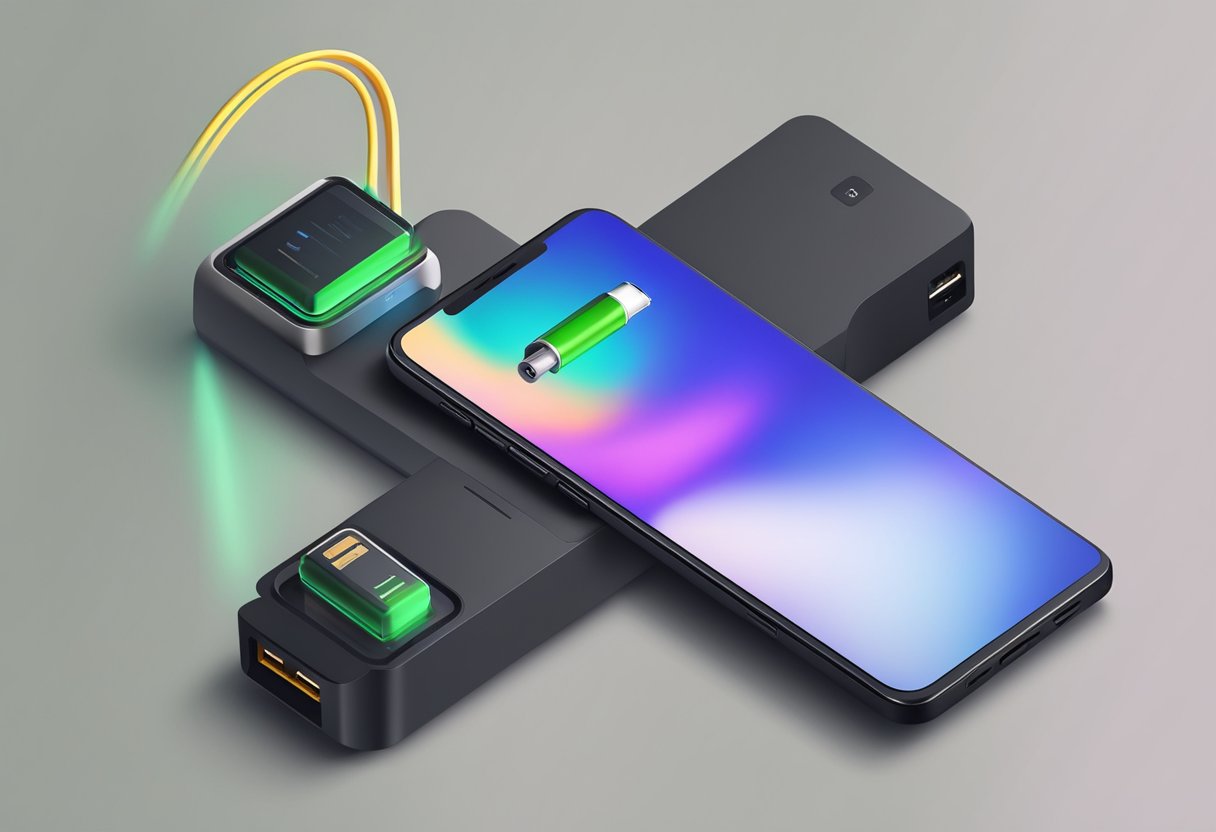
There have been several studies conducted to investigate whether fast charging affects battery life. One study, led by Kenzie Zhao, an assistant professor of mechanical engineering at Purdue University, found that fast-charging batteries die a lot faster than those charged at a slower rate. The study built batteries of all kinds, from phone batteries to small button batteries, and found that batteries charged at a faster rate had a shorter lifespan than those charged at a slower rate.
Another study, published in the Journal of Energy Storage, found that fast charging can cause a significant reduction in the capacity of lithium-ion batteries, which can lead to a shorter lifespan. The study found that the degradation of the battery was more significant when the battery was charged at a higher rate.
However, it is important to note that not all studies have found a significant impact of fast charging on battery life. For example, a study conducted by Battery University found that fast charging does not significantly impact the lifespan of lithium-ion batteries. The study found that the impact of fast charging on battery life depends on several factors, including the battery's chemistry, temperature, and age.
Overall, while there is some scientific evidence to suggest that fast charging can impact battery life, the impact may vary depending on several factors. It is important to consider these factors when deciding whether to use fast charging or not.
Fast Charging vs Regular Charging
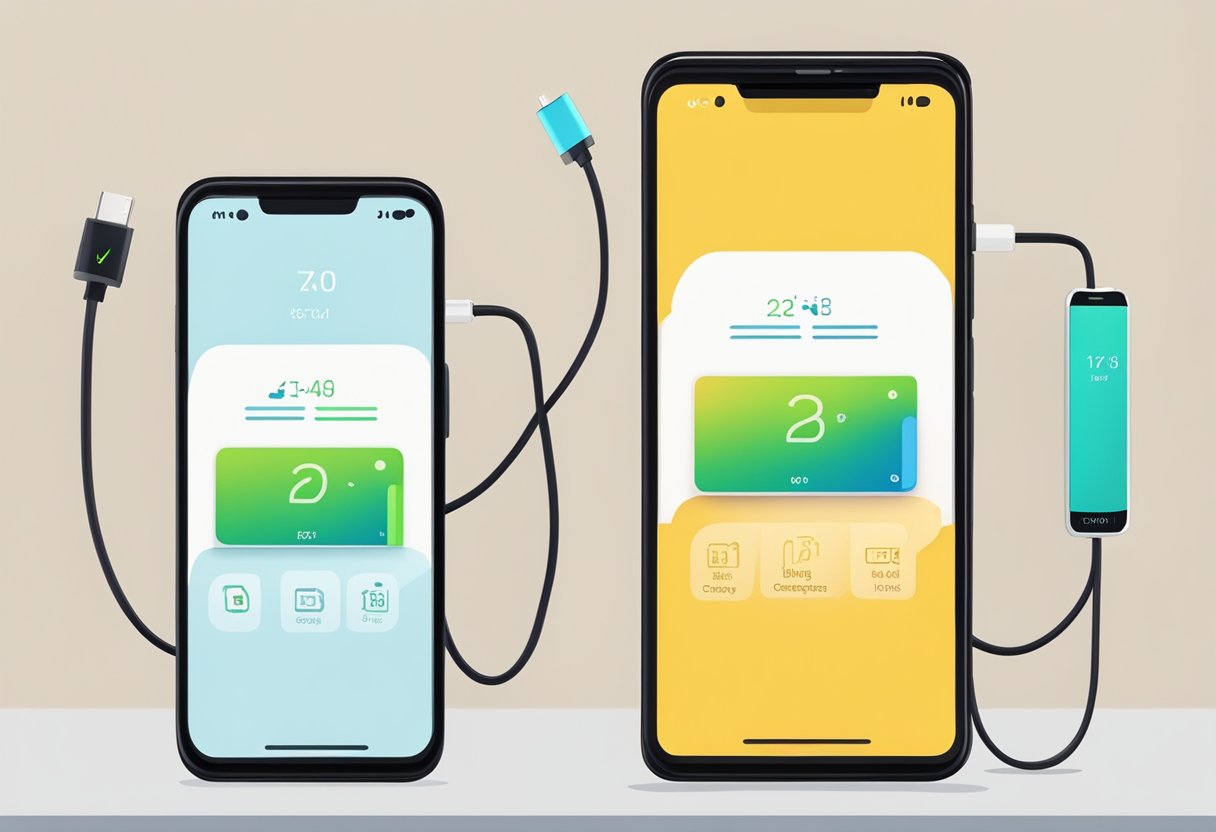
Fast charging is a convenient way to quickly charge your phone, but many people wonder if it affects battery life. Regular charging, on the other hand, is the traditional way to charge a phone and typically takes longer to fully charge the battery.
One of the main differences between fast charging and regular charging is the amount of power that is delivered to the battery. Fast charging delivers a higher amount of power to the battery, allowing it to charge more quickly. Regular charging, on the other hand, delivers a lower amount of power to the battery, which takes longer to fully charge.
Another difference between fast charging and regular charging is the heat that is generated during the charging process. Fast charging generates more heat than regular charging, which can affect the battery life of the phone. Heat is one of the main factors that can affect the lifespan of a battery, and excessive heat can cause damage to the battery over time.
Overall, fast charging is a convenient way to quickly charge your phone, but it can affect battery life if used excessively. Regular charging, while slower, is a safer option for maintaining the health of your phone's battery. It is recommended to use fast charging sparingly and to use regular charging as the primary method of charging your phone.
Benefits of Fast Charging
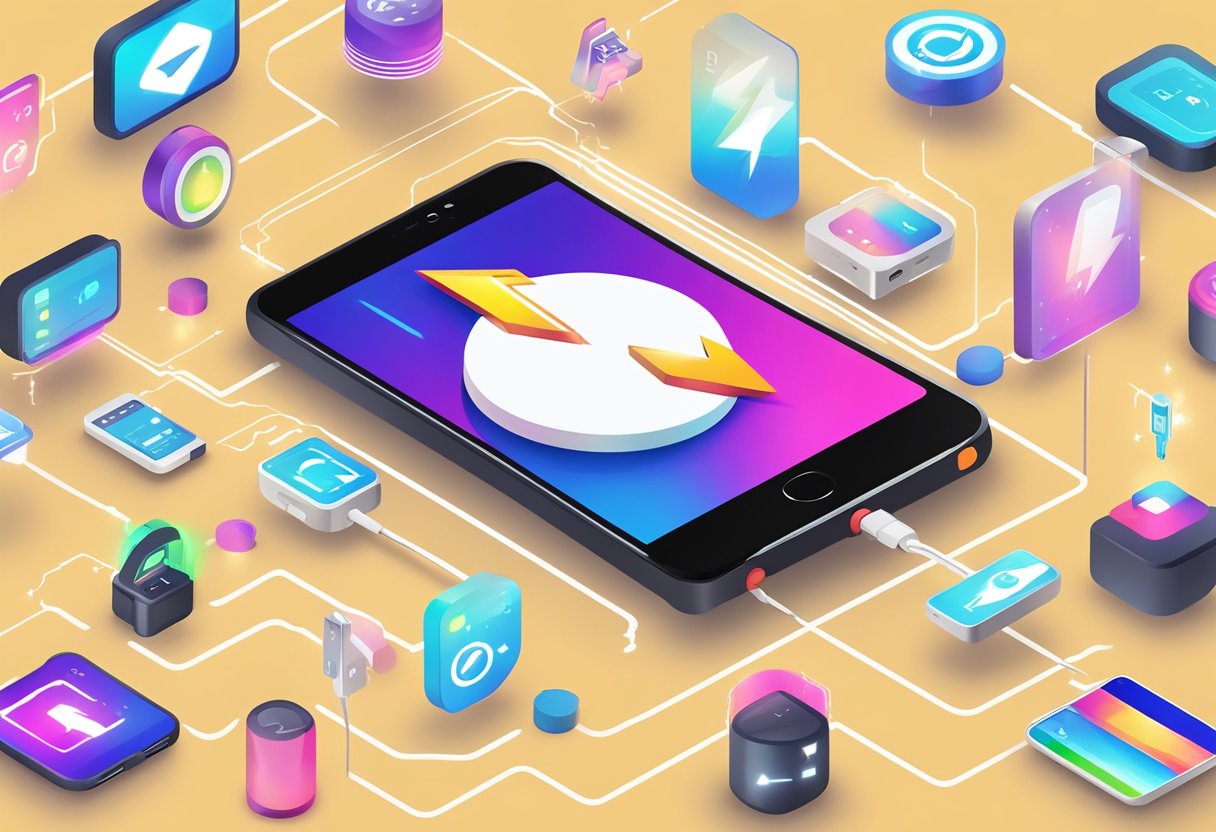
Fast charging has become a popular feature in modern smartphones and electric vehicles. It allows users to charge their devices quickly, saving time and increasing convenience. Here are some of the benefits of fast charging:
1. Saves Time
One of the most significant benefits of fast charging is that it saves time. With traditional charging methods, it can take several hours to fully charge a device. However, with fast charging, devices can be charged to a significant percentage in just a few minutes. This feature is particularly useful for people who are always on the go and need their devices to be charged quickly.
2. Increases Convenience
Fast charging also increases convenience. Users no longer have to worry about running out of battery life during the day or carrying around a charger. With fast charging, they can quickly top up their device's battery whenever they need to, without having to wait for a long time.
3. Reduces Battery Anxiety
Battery anxiety is a common problem among smartphone users. They are always worried about their device's battery life and whether it will last the entire day. Fast charging can help reduce this anxiety by allowing users to charge their devices quickly and easily whenever they need to.
4. Does Not Affect Battery Life
Contrary to popular belief, fast charging does not affect battery life. As long as the device is designed to support fast charging, it will not damage the battery or reduce its lifespan. However, it is essential to use the right charger and cable to ensure that the device is charged safely and efficiently.
Overall, fast charging is a convenient and useful feature that can save time, reduce battery anxiety, and increase convenience. As long as it is used correctly, it will not harm the device's battery or reduce its lifespan.
Drawbacks of Fast Charging
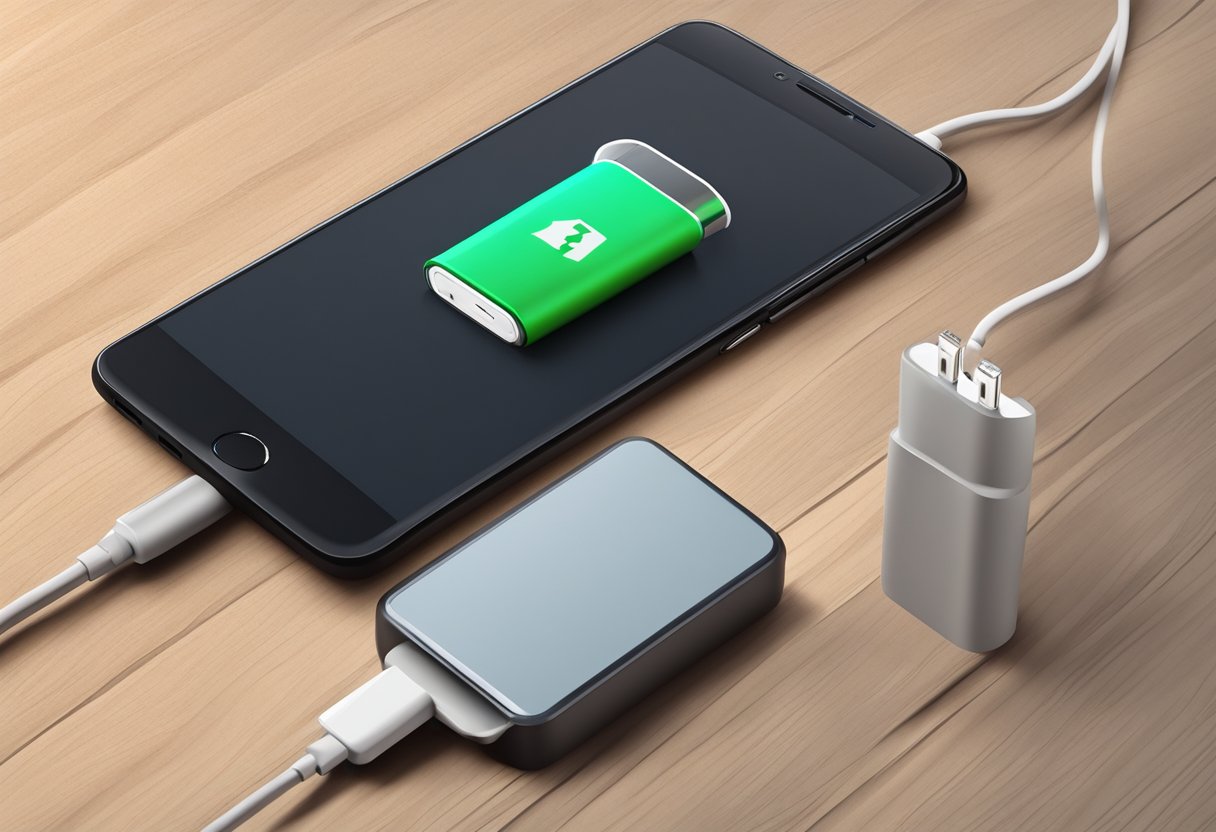
While fast charging is convenient, it does come with some drawbacks. Here are a few things to keep in mind:
1. Shortens Battery Lifespan
Fast charging can shorten the lifespan of your smartphone's battery. According to How-To Geek, most studies looking at the heat generated by fast-charging lithium-ion cells are focused on electric vehicle batteries, which are much larger than the batteries found in smartphones. However, the same principles apply to smartphone batteries. Heat is generated during fast charging, and this can cause the battery to degrade faster over time.
2. Increases Heat Generation
Fast charging generates more heat than standard charging. This can be a problem for some smartphones, especially those with smaller batteries or those made with cheaper materials. According to PCMag, some smartphones have built-in thermal protection to prevent heat damage, but others do not. If your smartphone gets too hot during fast charging, it can cause permanent damage to the battery or other components.
3. May Require Special Equipment
Fast charging may require special equipment, such as a compatible charger or cable. Not all smartphones support fast charging, and even those that do may require specific chargers or cables to take advantage of the feature. This can be inconvenient if you need to charge your smartphone quickly but don't have the right equipment on hand.
Overall, fast charging is a useful feature that can save time and make life easier. However, it's important to be aware of the drawbacks and take steps to mitigate them. If you're concerned about the impact of fast charging on your smartphone's battery, consider using standard charging instead or limiting your use of fast charging to when you really need it.
How to Prolong Battery Life
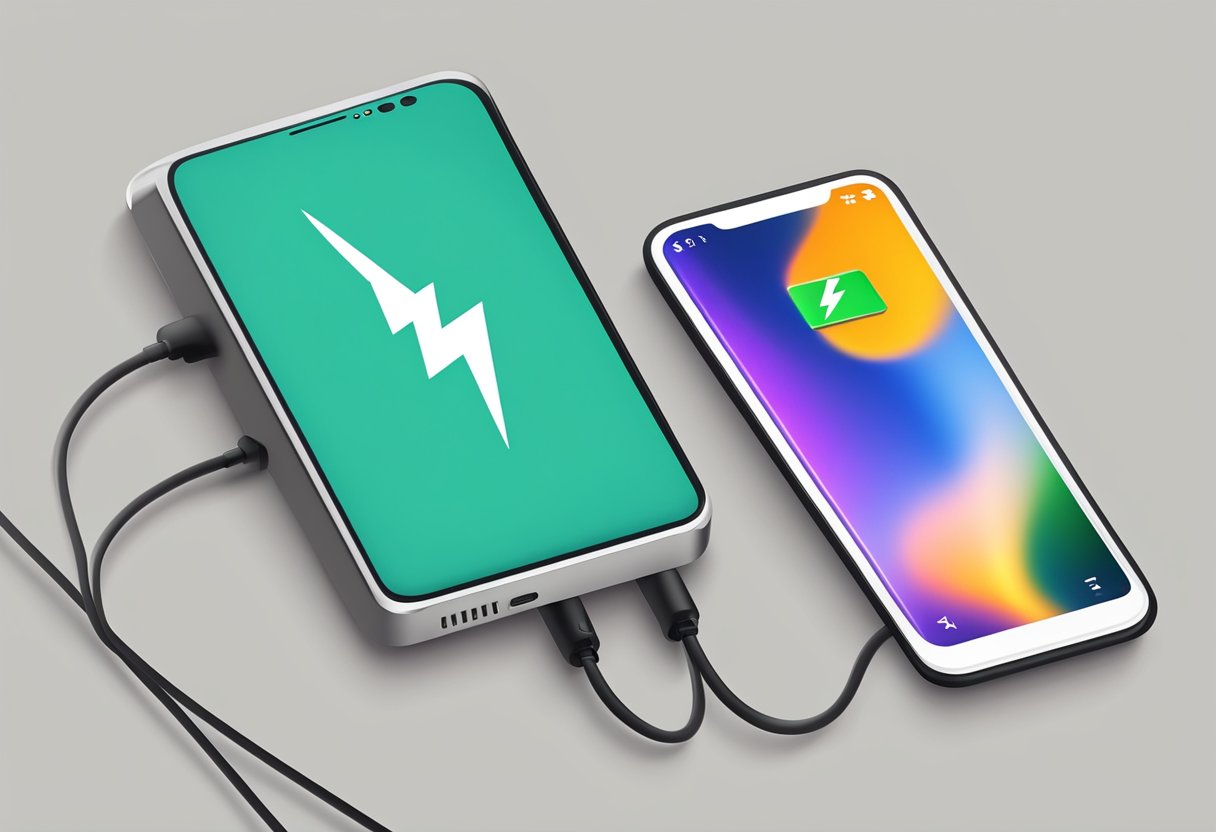
There are several ways to prolong the battery life of your device. Here are some tips:
-
Avoid using fast charging frequently. Fast charging generates more heat, which can degrade the battery over time. Instead, use regular charging whenever possible.
-
Keep your device at room temperature. High temperatures can damage the battery, so avoid exposing your device to direct sunlight or extreme heat.
-
Turn off features that are not in use. Features like Bluetooth, GPS, and Wi-Fi can drain the battery quickly. Turn them off when you are not using them.
-
Reduce screen brightness. High screen brightness can drain the battery quickly. Reduce the brightness to a comfortable level to save battery life.
-
Use battery-saving modes. Most devices have battery-saving modes that can extend the battery life. These modes reduce the performance of the device to save battery.
-
Replace the battery when necessary. If the battery is old and no longer holding a charge, consider replacing it. This can extend the life of your device and save you money in the long run.
By following these tips, you can prolong the battery life of your device and avoid the need for frequent charging or battery replacement.
Conclusion
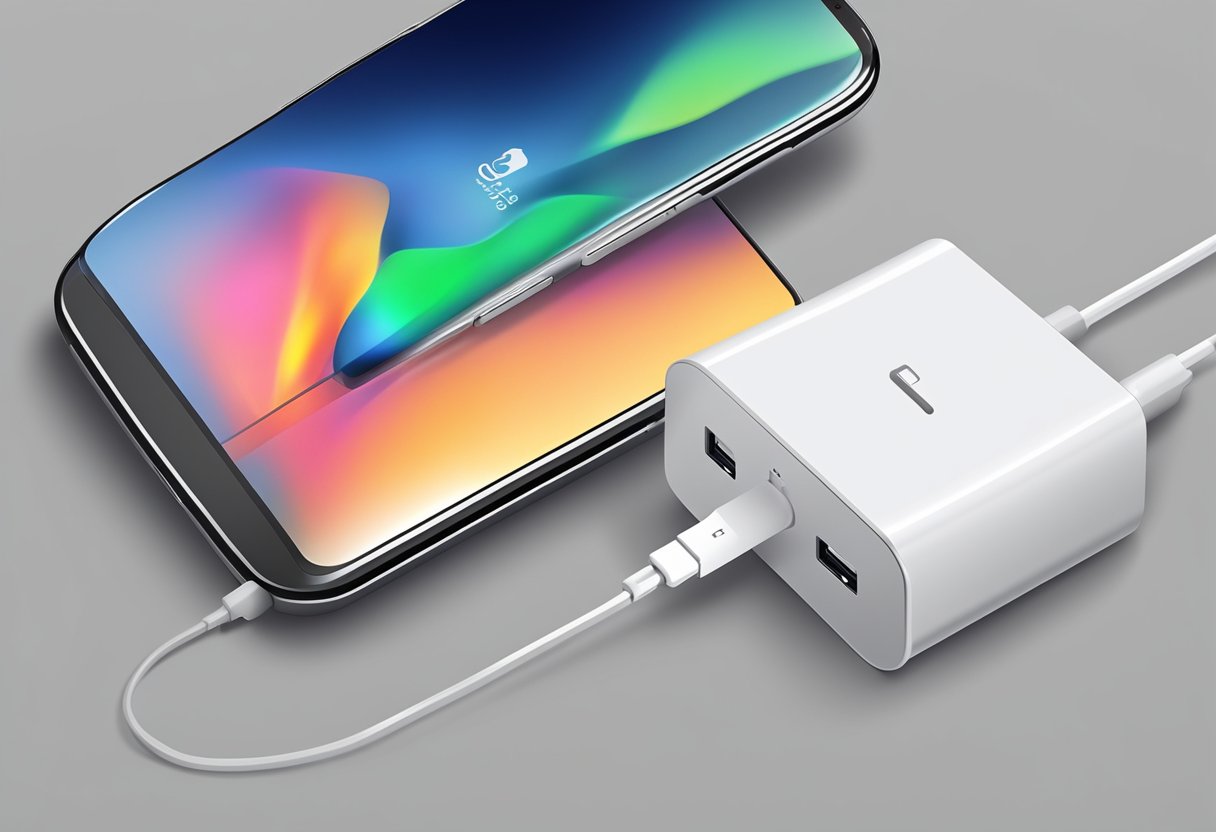
Fast charging is a convenient feature for many users, as it allows them to quickly charge their devices in a short amount of time. However, there has been much debate over whether or not fast charging negatively affects battery life.
Based on the research, it appears that fast charging can indeed have an impact on battery health. Lithium-ion batteries, which are commonly used in smartphones and other portable electronics, can experience increased stress and heat during fast charging, which can lead to capacity loss over time.
It is important to note that not all fast charging methods are created equal. Some manufacturers have developed technologies that are specifically designed to mitigate the negative effects of fast charging on battery health. For example, some devices will automatically slow down the charging rate once the battery reaches a certain level of charge, which can help to reduce heat and stress on the battery.
Overall, while fast charging can be a useful feature for many users, it is important to be aware of the potential impact it can have on battery health. Users should take care to use fast charging methods that are designed to be gentle on the battery, and should also be mindful of how often they use fast charging in order to maximize the lifespan of their devices' batteries.
